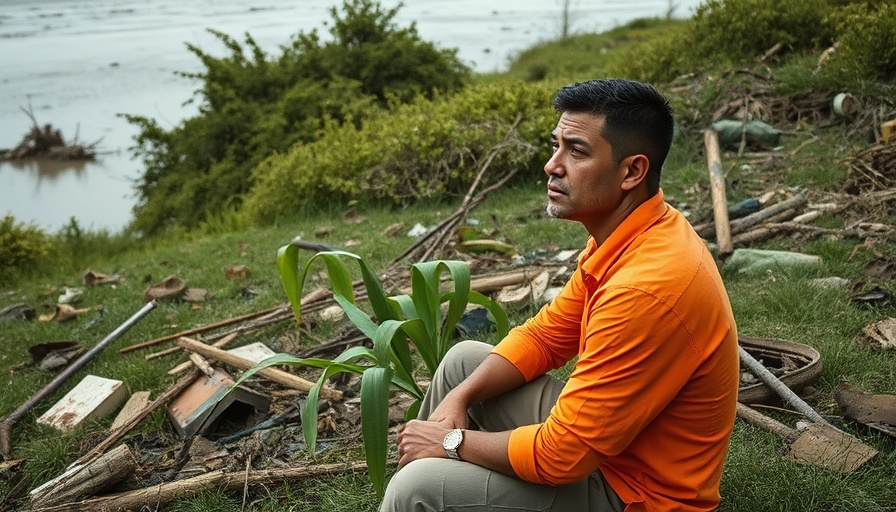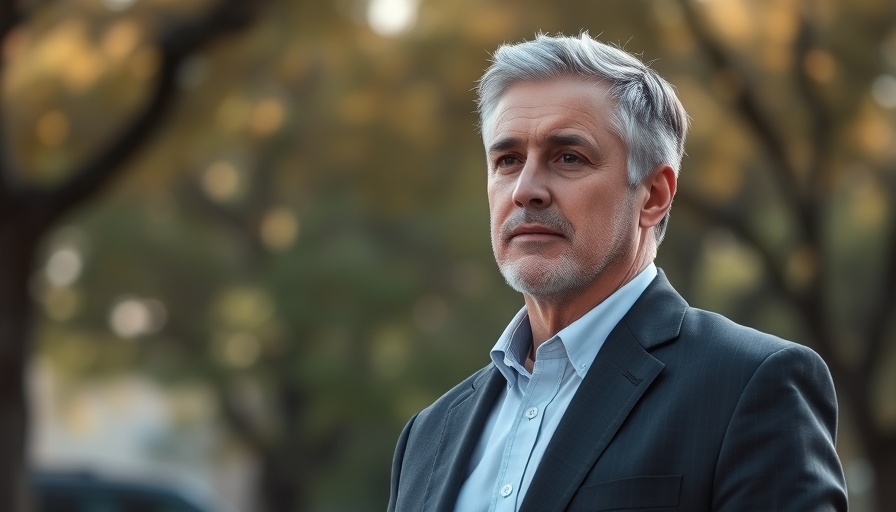
Understanding Ghislaine Maxwell's Legal Battle
The recent decision by the Department of Justice (DOJ) to advise the Supreme Court against hearing Ghislaine Maxwell's appeal shines a spotlight on the complexities surrounding her conviction and the controversial non-prosecution agreement (NPA) associated with Jeffrey Epstein. Maxwell, a former associate of Epstein, was sentenced to 20 years in prison for her role in aiding his sexual exploitation of minors. Her appeal centers around an assertion that the language of Epstein’s NPA should protect her from federal prosecution.
The Co-Conspirator Clause Controversy
At the heart of Maxwell's argument is a co-conspirator clause included in Epstein's 2007 NPA, which was agreed upon by federal prosecutors in Florida. Maxwell's legal team contends that this clause extends protection to all co-conspirators in any jurisdiction, not just in Florida. Their position is that since Epstein’s deal promised not to prosecute “any potential co-conspirators,” she should be shielded from charges in New York, where she was ultimately prosecuted and convicted.
The DOJ, however, has countered this notion, arguing that it was never the intention of the original agreement to extend such sweeping protections beyond the Southern District of Florida. According to U.S. Solicitor General D. John Sauer, the claims that Maxwell's prosecution contradicts the NPA lack merit and legal standing, with the DOJ firmly stating that the federal prosecutor in Florida, R. Alexander Acosta, did not hold the power to impose limits on other district attorneys.
Implications of the Appeal's Rejection
Should the Supreme Court choose not to hear Maxwell's appeal, it will set a precedent affirming the DOJ's interpretation of prosecutorial agreements and how they pertain to co-conspirators. This could impact future sex trafficking cases and non-prosecution agreements, particularly in the delicate arena of federal law where similar allegations arise.
The DOJ's rejection of Maxwell's claims may also signal a broader commitment to holding individuals accountable alongside their criminal collaborators, regardless of previous prosecutorial leniency. Such a stance could resonate uniquely for victims and advocate movements fighting against sexual exploitation, bringing hope for more stringent accountability across the board.
Public Response and Surrounding Narrative
The appeal and its implications resonate deeply within the public sphere, especially given the meandering path of justice in the Epstein case. Many speculate the nature of prosecutions tied to high-profile individuals and the moral dilemmas that accompany them. A significant community discourse raises awareness about the trauma inflicted on victims and the legal system's response to these horrific acts.
Conversations around sexual abuse and accountability have grown increasingly prevalent in society, particularly since the rise of the #MeToo movement. Maxwell's case serves as a lens through which to view the legal ramifications surrounding complicity in such crimes, and the potential repercussions of non-prosecution agreements that might shelter offenders.
Future Developments and Community Impact
As the case unfolds, the implications may extend beyond the courtroom, influencing public policy and criminal justice reforms aimed at addressing exploitation and abuse. Advocates for victims’ rights and those holding abusers accountable anticipate that clarity on these legal agreements may empower further legislative considerations in how the justice system protects its most vulnerable populations.
With community attention focused on addressing the systemic failings that allow sexual abuse to proliferate, the decisions made in this high-profile case could steer public perception and governmental action toward more rigorous protections for victims of trafficking and abuse.
The journey ahead will be compelling to observe, as the judicial landscape continues to wrestle with the nuances of consent, complicity, and ongoing efforts to combat sexual exploitation in all its forms.
As the situation develops, it is vital for those interested in justice reform and victim advocacy to remain engaged and proactive. Understanding the intricacies surrounding legal agreements and their implications can aid communities in advocating for necessary change and supporting victims seeking justice.
 Add Row
Add Row  Add
Add 




 Add Row
Add Row  Add
Add 

Write A Comment